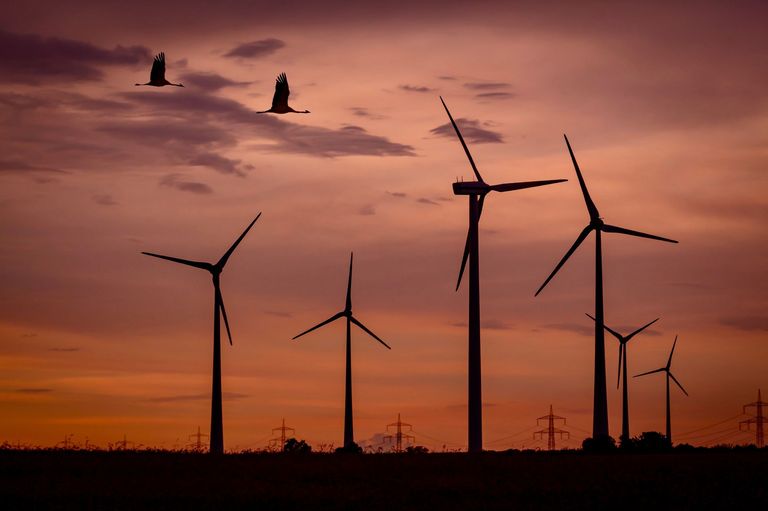A systemic approach to the energy transition in Europe
Achieving a carbon-neutral future by 2050 is possible, but requires urgent action. The energy transition is far from a purely technical challenge. Making it a reality requires solving a huge systemic problem, coordinating countless individual voluntary investment decisions, consumption and behaviour across Europe.

This transformation of the European energy system will affect every part of society, relies on huge investment during the transition and must be done in a socially equitable way. These are the conclusions of a new scientific report produced under the aegis of the consortium Science Advice for Policy by European Academies (SAPEA). Informed by this evidence and a series of evidence-based policy options, the Group of Chief Scientific Advisors (GCSA) of the European Commission presents key policy recommendations.
Contact
Dr. Roger Pfister
Swiss Academies of Arts and Sciences
House of Academies
PO Box
3001 Bern
Switzerland


